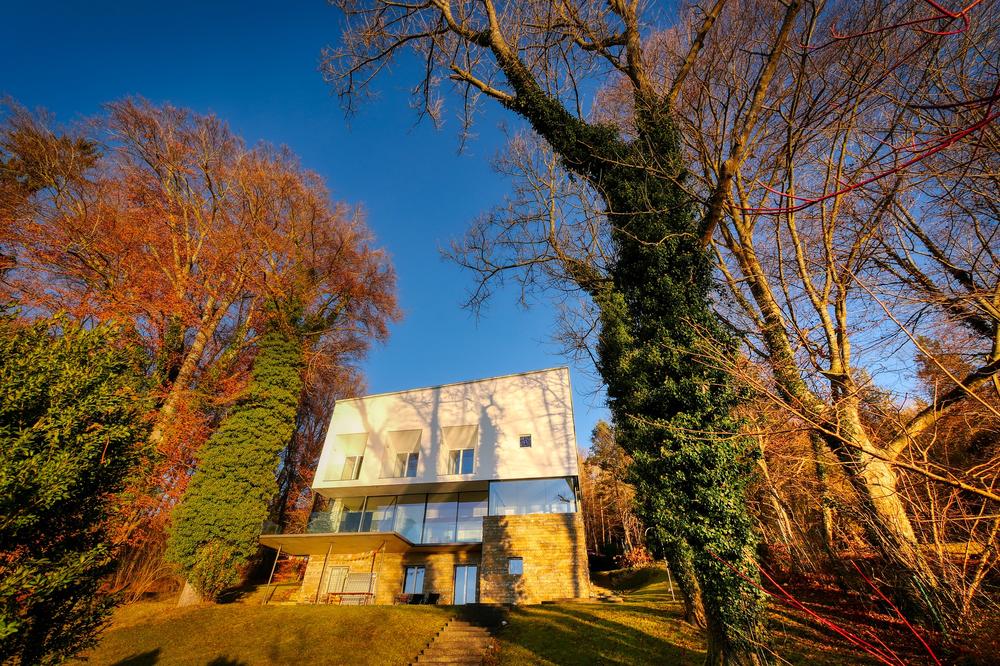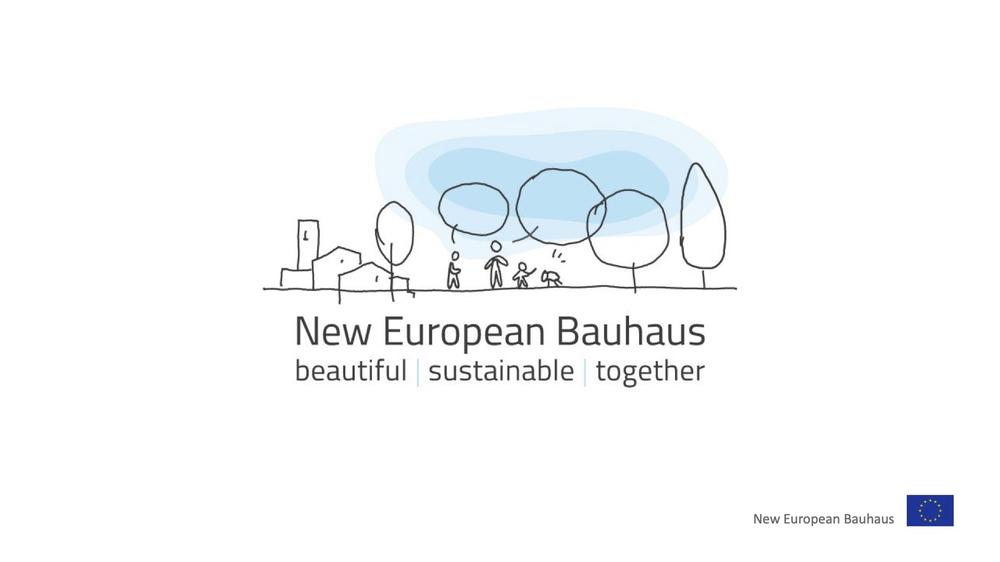How do we want to live together in the future?
The New European Bauhaus Initiative was the focus of a lunch talk organized by the Brussels office
May 04, 2021
The “New European Bauhaus” project of the European Commission was presented at the “UnILiON Open Talk”.
Image Credit: Pixabay / fietzfotos
Combining design and sustainability with art, culture, and social questions in order to contribute to the implementation of the European “Green Deal” – that is the objective of the “New European Bauhaus” project of the European Commission. The initiative aims to break down the boundaries that exist between science and technology, art, and culture, and use design to create solutions to everyday problems that are affordable for broad sections of the population. More than 140 interested parties from Brussels and various European universities took part in an “open talk” on the topic in the middle of April. The event was organized by the Brussels office of the Berlin University Alliance (BUA) in its role as a UnILiON member (Universities Informal Liaison Offices Network).
The New European Bauhaus Initiative is an interdisciplinary project which is supported by the President of the European Commission, Ursula von der Leyen, and inspired by the German Bauhaus movement of the 1920s. The initiative was launched by the European Commission in January 2021 and is currently in the co-design phase: Contributions to developing content for the initiative, in particular with a view to creating future calls for proposals, can be submitted.
At the “UnILiON Open Talk”, Ruth Reichstein from the I.D.E.A. advisory board of the Commission President introduced the participants to the concept of the New European Bauhaus. The interdisciplinary initiative aims to reconcile sustainability goals with style and urban design and social justice in European urban and non-urban spaces. Ruth Reichstein emphasized the wide range of applications and the ambition to create new, livable living environments that are accessible to broad segments of the population; in short, to develop a vision of how we want to live together in the future.
The New European Bauhaus Initiative is an interdisciplinary project which is supported by the President of the European Commission, Ursula von der Leyen, and inspired by the German Bauhaus movement of the 1920s.
Image Credit: Europäische Kommission
A feature of the project is its inter- and transdisciplinary character, which seeks to combine the views of architecture, design, and technology with expertise and perspectives from, for example, sociology, psychology, urban research, health sciences, and civil society. The New European Bauhaus is divided into three phases: As part of the current co-design phase, ideas, challenges, and best practices are being collected and recorded. An opportunity, for researchers, too, to help shape future activities and calls for proposals. The “delivery” phase is set to commence in summer 2021 with calls for proposals which, together with the winning projects from the New European Bauhaus Award, will pave the way for the “dissemination” phase. The plan is to set in motion, in cooperation with the member states, a cultural movement across Europe through the results of the various activities.
Ruth Reichstein placed particular emphasis on the role that universities can play in this process as they are seen as indispensable actors when it comes exploring the needs and strengths of their local communities, have access to stakeholders of the next generation, and are able to contribute through research and innovation activities.
Connecting interested parties
The “UnILiON Open Talks” are a dialog format featuring high-level speakers, mainly from the EU institutions, through which the UnILiON network seeks to delve deeper into current issues in the context of European research and innovation policy. The lunch talk in April was organized and hosted online by the Brussels representative of the Berlin University Alliance, Angelika Wilhelm-Rechmann, in cooperation with the UnILiON working group “Horizon Europe & Future Policy”.
UnILiON plans to connect interested parties to this discussion. On the one hand, the network promotes dialog between “open talk” participants and supports them in building networks with other participants. On the other hand, for those interested, UnILiON is organizing online conversations in groups of five to ten people based on the “conversation kit” proposed by the European Commission. You can get in touch with Angelika Wilhelm-Rechmann if you want to learn more.


